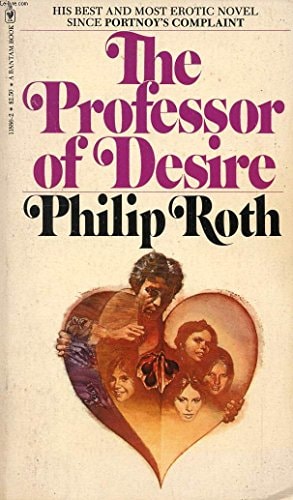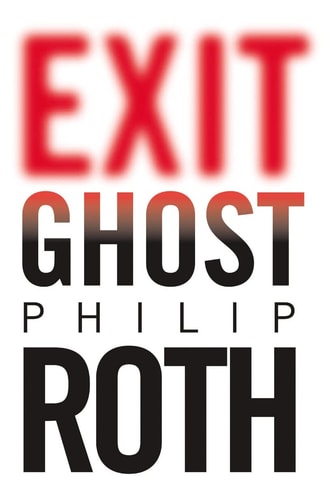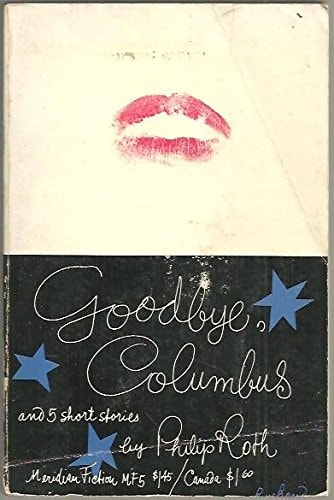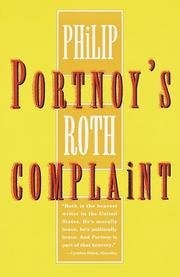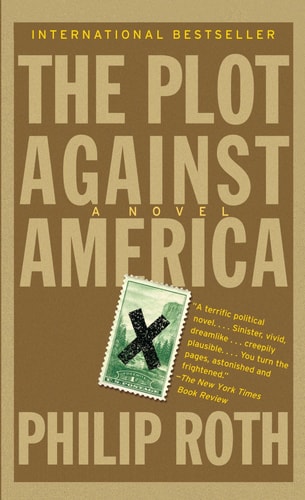
Product Description A terrifying epidemic is raging, threatening the children of a New Jersey city with maiming, paralysis, even death. This is the startling theme ofNemesis, Philip Roth's wrenching new book: a wartime polio epidemic in the summer of 1944 and the effect it has on a closely knit, family-oriented community. Bucky Cantor, a vigorous, dutiful, 23-year-old playground director, javelin thrower, and weightlifter, is devoted to his charges and disappointed because his weak eyes have excluded him from serving in the war alongside his contemporaries. Focusing on Cantor's dilemmas as polio begins to ravage his playground—and on the everyday realities he faces—Roth leads us through every inch of emotion such a pestilence can breed: the fear, the panic, the anger, the bewilderment, the suffering, and the pain. And through this story runs the dark question that haunts Roth's most recent novels: what choices fatally shape a life? How powerless is each of us up against the force of circumstances? Review “[Nemesis] is a shattering study in communal and parental fear and the unforeseen consequences of small decisions.” - Martin Levin, The Globe and Mail“[Roth] towers above just about every living English-language writer.” - The Toronto Star About the Author In 1997PHILIP ROTH won the Pulitzer Prize forAmerican Pastoral. In 1998 he received the National Medal of Arts at the White House and in 2002 received the highest award of the American Academy of Arts and Letters, the Gold Medal in Fiction, previously awarded to John Dos Passos, William Faulkner, and Saul Bellow, among others. He has twice won the National Book Award and the National Book Critics Circle Award. He has won the PEN/Faulkner Award three times. In 2005The Plot Against America received the Society of American Historians' Award for "the outstanding historical novel on an American theme for 2003–2004."Recently Roth received PEN’s two most prestigious prizes: in 2006 the PEN/Nabokov Award “for a body of work . . . of enduring originality and consummate craftsmanship,” and in 2007 the PEN/Bellow award for achievement in American fiction. Roth is the only living writer to have his work published in a comprehensive, definitive edition by the Library of America. In 2011 he received the National Humanities Medal at the White House, and was later named the fourth recipient of the Man Booker International Prize. Excerpt. © Reprinted by permission. All rights reserved. Equatorial Newark The first case of polio that summer came early in June, right after Memorial Day, in a poor Italian neighborhood crosstown from where we lived. Over in the city’s southwestern corner, in the Jewish Weequahic section, we heard nothing about it, nor did we hear anything about the next dozen cases scattered singly throughout Newark in nearly every neighborhood but ours. Only by the Fourth of July, when there were already forty cases reported in the city, did an article appear on the front page of the evening paper, titled “Health Chief Puts Parents on Polio Alert,” in which Dr. William Kittell, superintendent of the Board of Health, was quoted as cautioning parents to monitor their children closely and to contact a physician if a child exhibited symptoms such as headache, sore throat, nausea, stiff neck, joint pain, or fever. Though Dr. Kittell acknowledged that forty polio cases was more than twice as many as normally reported this early in the polio season, he wanted it clearly understood that the city of 429,000 was by no means suffering from what could be characterized as an epidemic of poliomyelitis. This summer as every summer, there was reason for concern and for the proper hygienic precautions to be taken, but there was as yet no cause for the sort of alarm that had been displayed by parents, “justifiably enough,” twenty-eight years earlier, during the largest outbreak of the disease ever reported—the 1916 polio epidemic in the nor

